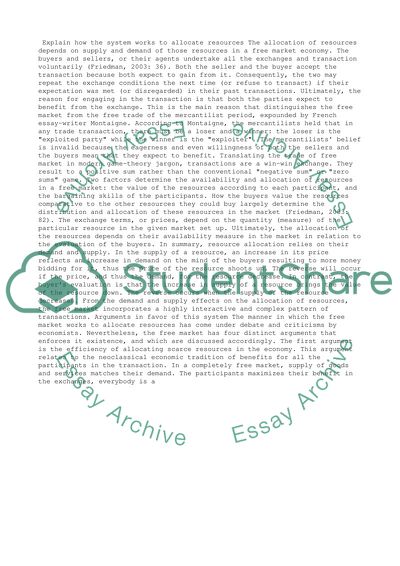Cite this document
(“Free market in the economical world and business Assignment”, n.d.)
Retrieved from https://studentshare.org/business/1393156-economics-for-busiess-and-management
Retrieved from https://studentshare.org/business/1393156-economics-for-busiess-and-management
(Free Market in the Economical World and Business Assignment)
https://studentshare.org/business/1393156-economics-for-busiess-and-management.
https://studentshare.org/business/1393156-economics-for-busiess-and-management.
“Free Market in the Economical World and Business Assignment”, n.d. https://studentshare.org/business/1393156-economics-for-busiess-and-management.


